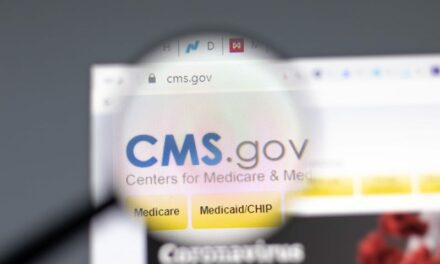Summary:
The ADLM has urged HHS to reinstate the Clinical Laboratory Improvements Advisory Committee (CLIAC), warning that its elimination endangers test quality, regulatory modernization, and patient care.
Takeaways:
- CLIAC’s removal eliminates a key forum for collaboration among regulators, lab professionals, and patients on clinical testing standards.
- The committee played a vital role in ensuring lab test quality and advancing necessary regulatory updates, especially amid evolving technologies.
- The cost savings from eliminating CLIAC are minimal, as it was funded through industry fees, not taxpayer dollars.
The Association for Diagnostics & Laboratory Medicine (ADLM) has sent a letter to Secretary of the Department of Health and Human Services (HHS) Robert F. Kennedy Jr. urging HHS to reinstate the Clinical Laboratory Improvements Advisory Committee (CLIAC). As part of an aggressive campaign to downsize and restructure HHS, the Trump administration recently eliminated this vital committee—a move that could threaten the quality of clinical laboratory tests, which play a central role in diagnosing and treating conditions ranging from infectious diseases to cancer and cardiovascular disease.
Committee Aimed to Find Solutions
Since its formation in 1992, CLIAC served as a forum where federal agencies, in vitro diagnostic companies, professional groups representing laboratory medicine experts, and patients could discuss and find solutions to pressing issues related to the oversight of clinical laboratories. CLIAC played a critical role in maintaining the high quality of clinical tests and in continually assessing and improving the regulatory process for the more than 300,000 labs across the U.S. that perform these tests. Dissolving this committee removes a critical avenue for making sure that all patients receive testing that is safe and effective and that supports accurate diagnoses and timely, appropriate treatment.
CLIAC Ensured Transparent, Efficient Way to Establish Standards
With CLIAC’s elimination, the laboratory medicine community has also lost its premier forum for ensuring that the regulations for clinical labs continue to meet the changing needs of the healthcare community. As emerging research and technology have advanced clinical testing, many in the medical community have pushed for the modernization of the Clinical Laboratory Improvement Amendments (CLIA), which are the federal regulations that establish quality standards for clinical testing. ADLM supports this and has long held the position that CLIAC offered a transparent, efficient way to accomplish this and to ensure that regulations keep pace with innovation. Now that this committee is gone, however, it is unclear how efforts to modernize CLIA will move forward.
Not only will the elimination of CLIAC have a negative impact on patient care, it also isn’t likely to result in meaningful savings for the government. The Centers for Medicare & Medicaid Services oversee this $80 million committee with user fees collected from the laboratory community. Any cost savings from canceling CLIAC is therefore expected to be negligible.
“While we acknowledge that creating an efficient healthcare and public health system is important, cutting CLIAC is not going to help achieve this goal,” says ADLM President Anthony Killeen, PhD “We therefore call on HHS to reverse this decision and reinstate this invaluable federal advisory body. Given the crucial role that laboratory testing plays in medical decision-making, it is essential to maintain this public forum where government, medical and laboratory communities, and patients meet regularly to ensure that regulation of clinical laboratories enables innovative, patient-centered care.”
Featured Image: Mohamed Ahmed Soliman | Dreamstime.com





